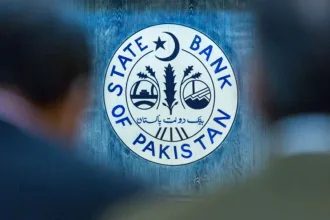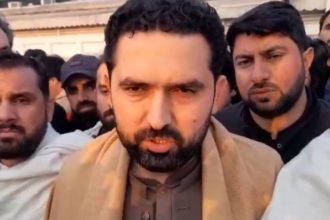AIRLINES do not care who owns and operates airports; it is the cost, service and safety standards that matter to them. This, in fact, is the bottom line of the new aviation policy that may be finalized soon.
According to Captain Shujaat Azeem, special assistant to the prime minister on aviation, the government’s priority is to upgrade the 2000 policy in consultation with stakeholders and aviation experts. The new policy will draw upon the experience of Austria, Singapore, China and Canada.
A sound aviation policy, implemented effectively, can persuade frustrated foreign airlines to come back. A dynamic policy can improve the flow of air traffic at airports.
The new policy is being designed to develop an environment to boost domestic and international trade and tourism. According to a rough estimate, international traffic at Pakistan airports is expected to grow at the rate of 5.3pc per annum — domestic (1.8pc) and freight traffic (3pc).
The policy will encourage the private sector to invest in opening new airports and helipads to connect rural business centres with urban hubs with fixed wing and helicopter services. The government has already identified about 20 slots along the Gwadar-Khanjrab economic corridor for establishing special economic zones to give a thrust to rural industrialisation.
On the other hand, offering a selected few existing airports for privatisation — subject to government approval — will be in keeping up with the global trend.
The Civil Aviation Authority has set aside a sum of Rs1bn for providing tight security to Pakistani airports. Besides barbed wire fencing, the airports will have powerful surveillance cameras. The surveillance may also cover the residential areas for airport officials in the vicinity of airports.





